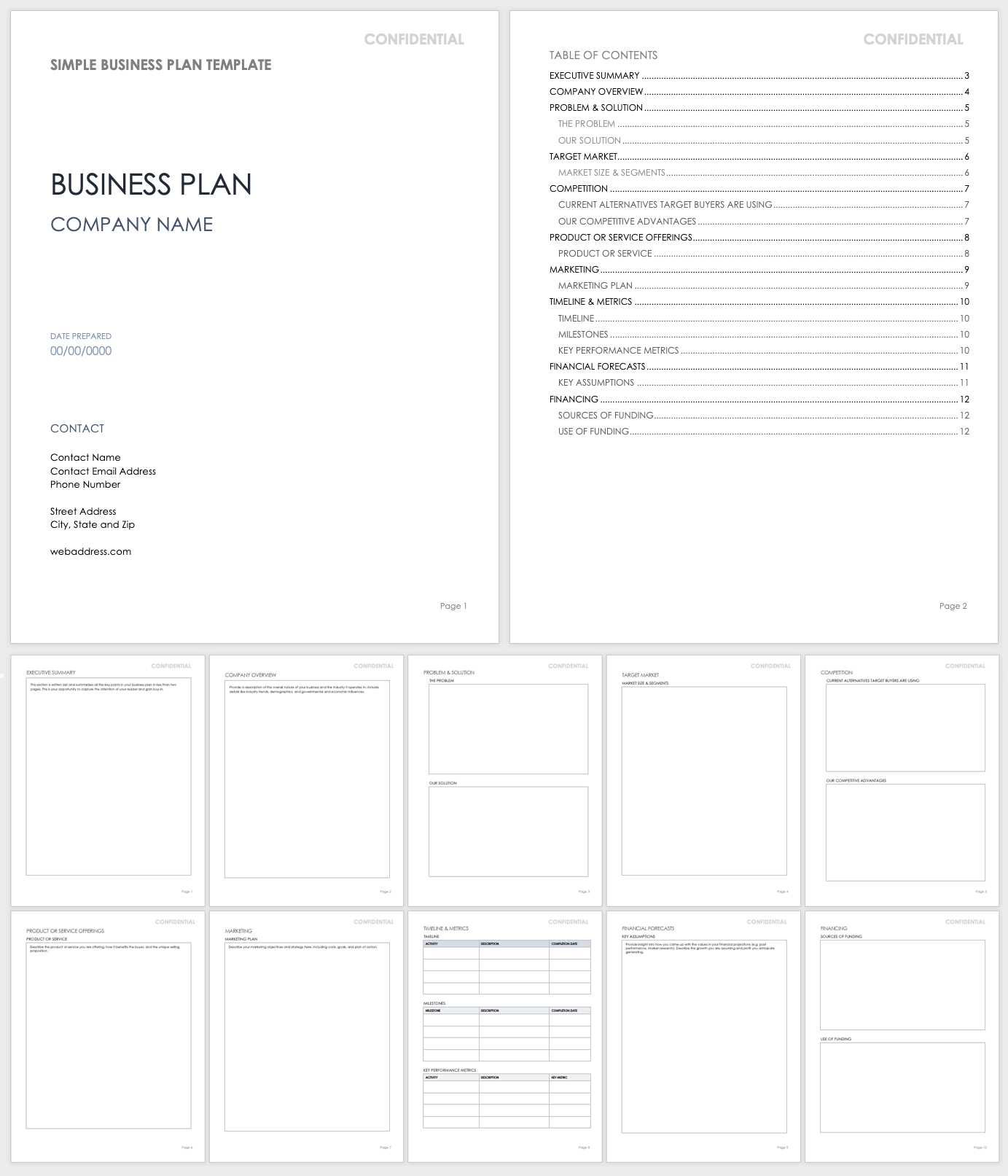Writing your first ever business plan – StartupSmart
It’s the traditional foundation stone of a new enterprise, but the humble business plan has undergone a bit of an image change in recent years. Some even claim that start-ups don’t need to bother with one.
In an interesting debate played out on US site Inc recently, entrepreneur Will Hsu claimed start-ups should jot some ideas onto a whiteboard and get out there into the marketplace and start selling and then adjust accordingly.
“The biggest risk in starting a company is the so-called ‘product market fit risk’ – it is the risk that the target customer will not purchase or use your product at the price you have decided to charge,” he said.
“An entrepreneur’s time and energy should be put into solving that problem by talking to as many customers as possible and continuing to iterate the end product and the pricing.
Time spent on writing a 40-page business plan would be better spent talking, selling, and understanding customers and their needs.”
Countering this, law firm partner David McShea pointed out: “Many business ideas sound great – until you really stop and think about them.”
“Writing a business plan may actually convince you to dispense with or change your original business concept and create a better, stronger business concept instead. It is much cheaper to do this on paper than with a payroll.”
It’s an interesting debate that may convince you to go out all guns blazing without a plan, which has its merits.
Can you afford to go business plan-free?
But even if you have a particularly nimble, fast-moving start-up, it’s worth putting together a basic business plan, to satisfy the legion of investors, bank managers and partners that will demand to see one before they back an untested start-up.
Put simply, Australia isn’t quite ready for an army of business plan-free ventures. This may well change, but until then, you need to get a basic business plan up and running.
So how do you go about writing your first plan? Business mentor Dr Colin Benjamin says that you should think about your plan in the same way that a chef thinks about their next menu.
“It has to have all the ingredients that the customers want and have what’s necessary to make the restaurant succeed as a business,” he says.
“A good business plan is first and foremost a guide to doing what has to be done to make your venture work, then it is an aide to getting the support of others, but ultimately it is the path to the core job of any business – creating new customers and rewarding the investors.”
“The right size is not a question of the number of pages or an excess of detail but how easy it is for the reviewer to see that you have been through a thorough planning process.”
Story continues on page 2. Please click below.

